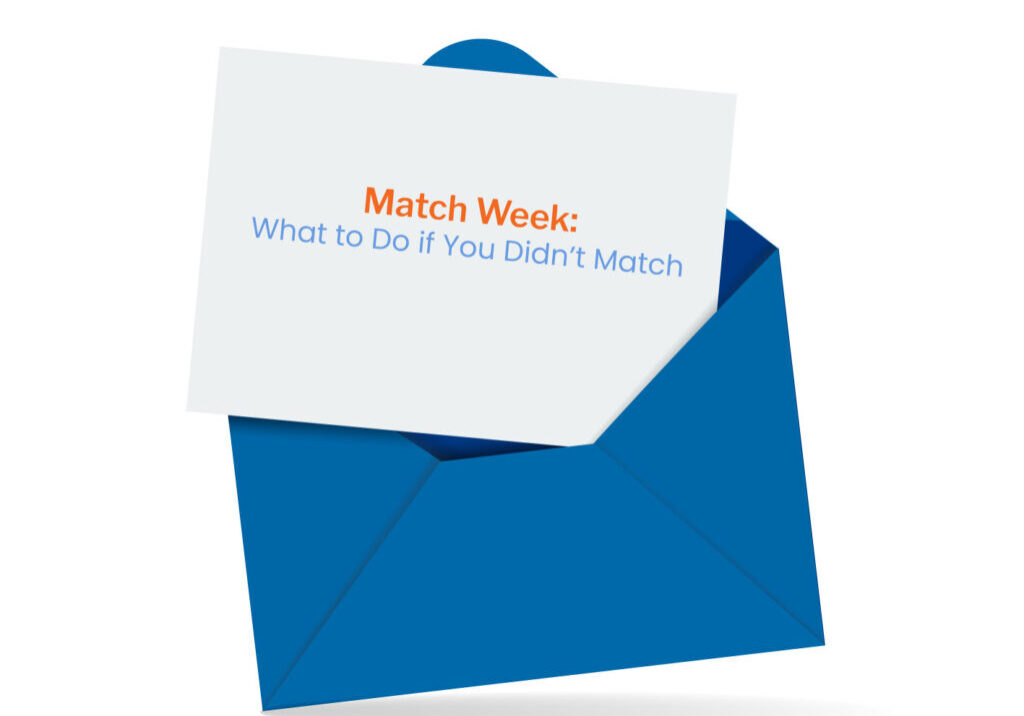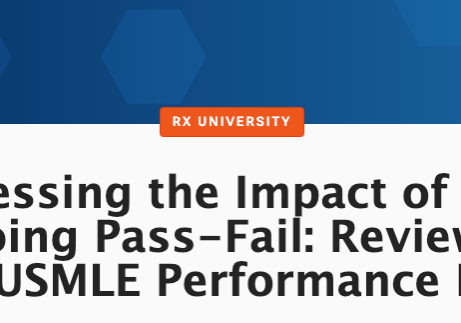By Luke Murray
 At this point in my training, I’ve spent almost a year working with third-year medical students as a physician, someone responsible for “evaluating their performance” on that specific rotation. Actually, I’ve made it a point to spend more time with the students than any other person on the team. I want to make sure they’re getting something out of their educational experience, because I hated being ignored as a third year. Also, now that I’m asked to determine how “good” third year medical students are in order to give them a grade, I want to be able to articulate what a “good” third year medical student is.
At this point in my training, I’ve spent almost a year working with third-year medical students as a physician, someone responsible for “evaluating their performance” on that specific rotation. Actually, I’ve made it a point to spend more time with the students than any other person on the team. I want to make sure they’re getting something out of their educational experience, because I hated being ignored as a third year. Also, now that I’m asked to determine how “good” third year medical students are in order to give them a grade, I want to be able to articulate what a “good” third year medical student is.
After nine or ten months of thinking about it, I had an answer somewhere along the lines of “a student that’s getting better each day and that has a good attitude.”
What do you have to do to get better every day? Pay attention, know what’s going on with your patients, read a lot, give presentations backwards when appropriate…basically everything we’ve already written about in our Wards Survival Series (here and here, for example) as well as in First Aid For The Wards and other resources. But this answer seemed a bit superficial and sounds close enough to circular reasoning to be pretty impotent (i.e. “A good medical student does all the things it says to do in the ‘How to be a good medical student’ books”).
And the “good attitude” thing was just a vague definition within my vague definition. Students that were “good” didn’t all have attitudes that were particularly positive, or optimistic or any other defining trait. They were universally not-negative, but “don’t be negative” seemed to leave enough room in a not-exactly-the-definition-of-good direction that I knew I wasn’t done.
Then I got it down to a word.
A good third year medical student is: Engaged.
So, yes, an “engaged” medical student is probably doing many of the “tips and tricks.” Perhaps it’s because they discovered them out of necessity. Maybe they bought the First Aid for the Wards and then read and applied its contents. But that’s the type of thing that engaged medical students naturally do – along with countless other things that no number of books could prepare you for.
And when you’re engaged, you’re not necessarily being super happy, especially if that’s not your personality. But you also aren’t whining, because that means you’re thinking about something other than what you are doing. In this case, if it’s unpleasant, you’re focusing on how you feel about chasing down outside medical records, instead of actually making the necessary phone calls, for example.
But as actionable advice goes, I still feel like “Be engaged” isn’t tangible enough. So in my next post, I’m going look how to apply the advice in double-negative form: Do not be disengaged.
I can point to several things I did and thought that caused me to be disengaged during my clerkships, and I’ll share how I did or should have fixed them. Until then, share what things either do or have caused you to “unplug” from your educational experience, and I’ll try to address how to avoid them.




That actually creals up a lot!! I don’t know that I’ve ever bothered to sit down and think about that. :s You do a great job of providing clear, specific examples. :)Thank you so much for the sweet comment you left today on my blog’s birthday post. 🙂 Made me smile. 🙂 Did you get my email about Dinner??
What’s it take to become a sublime expounder of prose like yourself?
Very soon this site will be famous amid all blog people, due to it’s pleasant content|